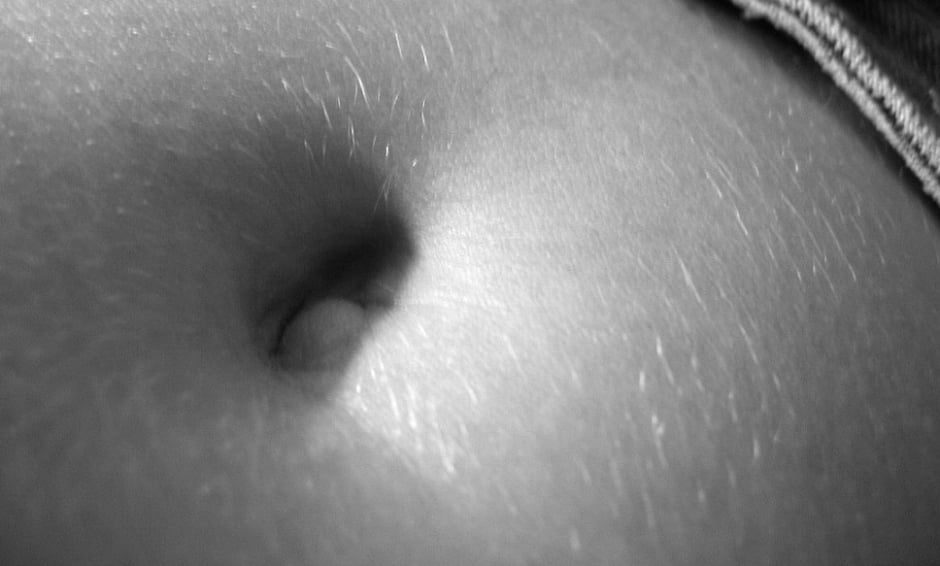BACTERIAL communities in the gut of Parkinson’s patients differ to those of healthy people, potentially providing an early indicator of the neurodegenerative disease from a source outside of the brain. Experts have long postulated that Parkinson’s disease originates in a different location to where it manifests; however, until recently it was unclear where the responsible pathogen began its pathological process. This vital finding may therefore promote the use of gut bacteria as a biomarker of early Parkinson’s disease.
Researchers, led by Prof Paul Wilmes, Eco-Systems Biology Group, Luxembourg Centre for Systems Biomedicine, University of Luxembourg, Luxembourg City, Luxembourg, explored changes in the bacterial communities of the guts in patients with early Parkinson’s disease. By taking samples from the two ports of entry, the nose and the gut, of 76 Parkinson’s patients and 78 healthy controls, the team investigated whether early pathological events influenced the gut microbiome. In addition, they also studied 21 subjects with idiopathic rapid-eye-movement sleep behaviour disorder, a condition which greatly increases the risk of developing Parkinson’s disease.
The results of the microbial analysis highlighted clear differences in the bacterial communities of early Parkinson’s patients compared to those of the healthy controls. This included variant levels of certain microbes which were associated with neurodegeneration, and the participants from the idiopathic rapid-eye-movement sleep behaviour disorder group displayed similar bacterial counts to the Parkinson’s patients. Remarkably, by studying gut bacterial samples, the researchers were also able to make associations between certain gut microbes and the non-motor symptoms of Parkinson’s, such as depression. Using this method of comparison, the researchers found no differences in the bacterial composition of nasal samples from either group.
Commenting on the implications of this study, Prof Wilmes remarked: “We hope that, by comparing the groups, we will learn to better understand the role of the microbiome in the process of the disease and to find out what changes occur and when.” Concerning future work, he added: “This might deliver new starting points for early treatment of the disease. It would also be essential knowledge for one day being able to use the absence or presence of certain bacteria as a biomarker for early detection of the disease.”
(Image: freeimages.com)








